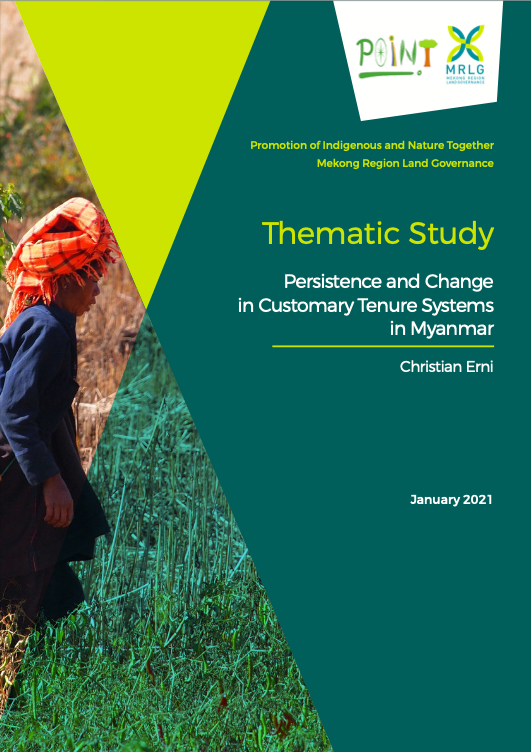Integration of Geospatial data of UAVs in Cadastral Management System and Regularization of Illegal Occupations in Informal Settlements
Abstract: To avoid illegal occupation of people in areas where construction is forbidden and the development of informal settlements, municipal authorities must anticipate city planning. The implementation of layouts and cadastral plans, plays a broad range of uses in: taxation, land development, land registration, urban planning and design of infrastructure necessary to improve the living conditions of the population. This paper aims to demonstrate that, the integration of images of Unmanned Aerial Vehicles (UAVs) is an alternative solution to the production of cadastral maps.







